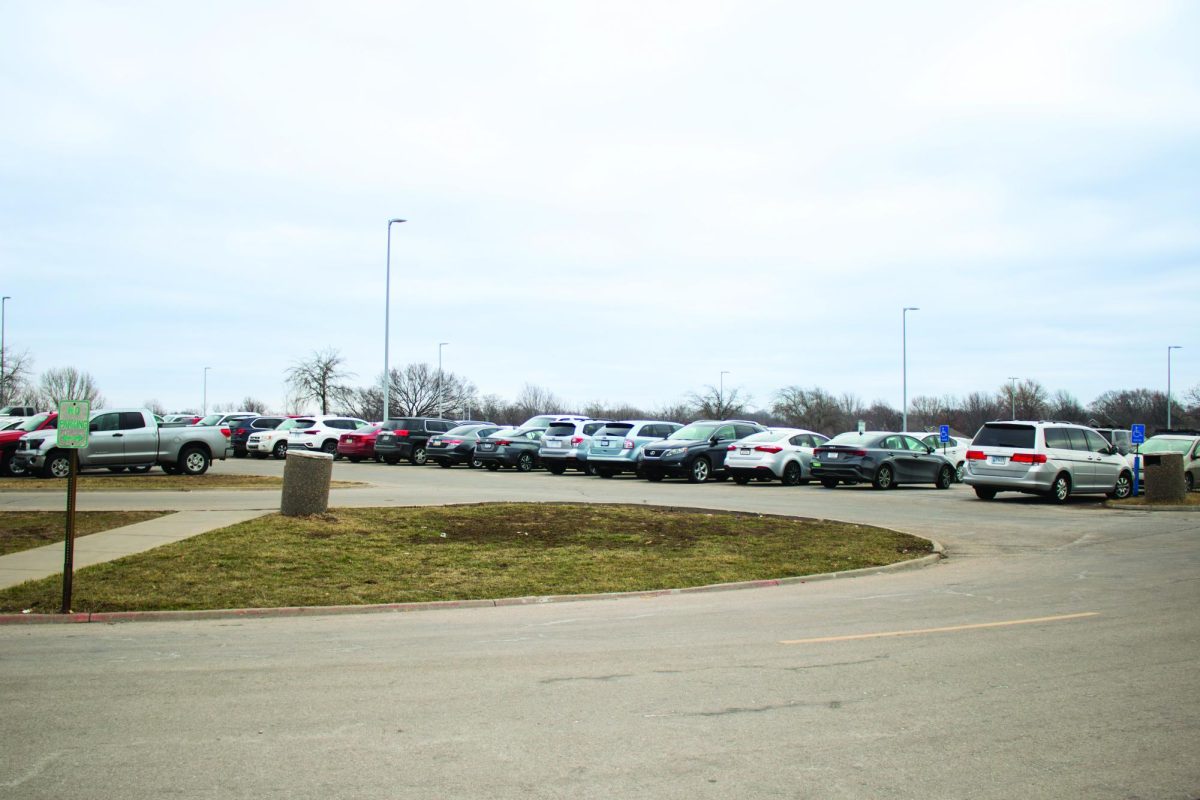President Donald J. Trump entered office on Jan. 20. Within the first week of his presidency, he signed 36 executive orders. Take a look at some of the most influential orders, what they imply and a breakdown of what the orders will look like.
Restoring the Death Penalty:
On day one, the Trump Administration commanded the attorney general to resume operating the death penalty, effective immediately. Federal prosecution and death sentences will go out for capital crimes committed by anyone without legal status.
The White House released a statement:“Capital punishment is an essential tool for deterring and punishing those who would commit the most heinous crimes and acts of lethal violence against American citizens.” The administration also encouraged state prosecutors to follow the order similarly, although they are not required.
Trump said that through this executive order, he will protect Americans from “violent rapists, murderers and monsters.”
Withdrawing from the World Health Organization:
This is the second time that Trump has attempted to withdraw from the World Health Organization — once at the end of his first term, and now again Jan. 20. Trump said he pulled out of the organization because of mishandling numerous health crises including COVID-19.
The executive order calls for an immediate halt on all remaining payments to the organization. However, in the WHO’s original agreement in 1948 with the U.S., the U.S. is required to give one year’s notice of withdrawal from the organization.
The government would also be required to pay any remaining balance to the organization in order to leave. However, since the agreement was forged through a joint act of Congress, it remains uncertain whether Congress would have to take further action to implement the withdrawal.
Declassifying JFK, MLK, and RFK’s assassination files
Trump shared his intent to release all records related to the assassinations of President John. F Kennedy, Senator Robert. F Kennedy and Dr. Martin Luther King, Jr. within the first few days of presidency. On Jan. 23, the administration called for a plan within 15 days from then for the release of JFK’s records and 45 days for the release of RFK and MLK records on how and when the government will declassify the records.
In a statement released by the White House, they said the release of these records is long overdue.
“Their families and the American people deserve transparency and truth. It is in the national interest to finally release all records related to these assassinations without delay,” the statement said.
Declaring a National Energy Emergency:
On the day Trump entered office, he declared a national energy emergency. The executive order directs agencies to seek authorities that can produce energy projects, such as building pipelines or finding land for oil and gas production.
Additionally, he pointed at the inflation crisis being caused by massive overspending and escalating energy prices.
“We will drill, baby, drill,” Trump said during his inauguration speech. “We will be a rich nation again, and it is the liquid gold under our feet that will help us do it.”
Restoring Merit to Government Service:
According to Wikipedia, Diversity, Equity and Inclusion is an organizational framework that seeks to promote the fair treatment and full participation of all people, particularly groups who have historically been underrepresented or subject to discrimination.
On Jan. 20, Trump reformed the federal hiring process, restoring merit-based hiring to government employees. All Federal agencies will eliminate diversity, equity and inclusion programs and branches. Moreover, the Trump administration put all federal DEI staff on immediate paid leave on Jan. 22, with plans to permanently let them go.
“This is a big deal. Our country is going to be based on merit again,” Trump said while signing the order.
Law Enforcement at the Southern Border and Mass Deportation:
On Jan. 20, Trump signed a series of executive orders proposing an effort to prevent immigration at the southern border. He ordered the completion of the border wall while deploying U.S. troops to pursue prosecutions for those who attempt to enter or violate the law while in the United States.
“This invasion has caused widespread chaos and suffering in our country over the last four years. It has led to the horrific and inexcusable murders of many innocent American citizens, including women and children, at the hands of illegal aliens,” the White House said in a statement.
Furthermore, Trump has cracked down on immigration heavily since his time in office. On Jan. 29, he signed an order instructing the Departments of Defense and Homeland Security to begin building a facility with a capacity of 30,000 deported migrants at Guantanamo Bay in Cuba. The Washington Post reported that Immigration and Customs Enforcement officials are directed to arrest 1,200 to 1,500 migrants a day.









![Monitoring the school, School Resource Officer Kasey Wiltz works in her office to help make Free State a safer place. Over the past four years as an SRO, Wiltz has discovered a passion for the work as well as the community. “Once I became a school resource officer, [I found my niche] and I didn't ever want to do anything different,” Wiltz said.](https://www.fsfreepressonline.com/wp-content/uploads/2025/03/Butler_2_11_2025_Casey-Wiltz-2-copy-1200x801.jpg)

